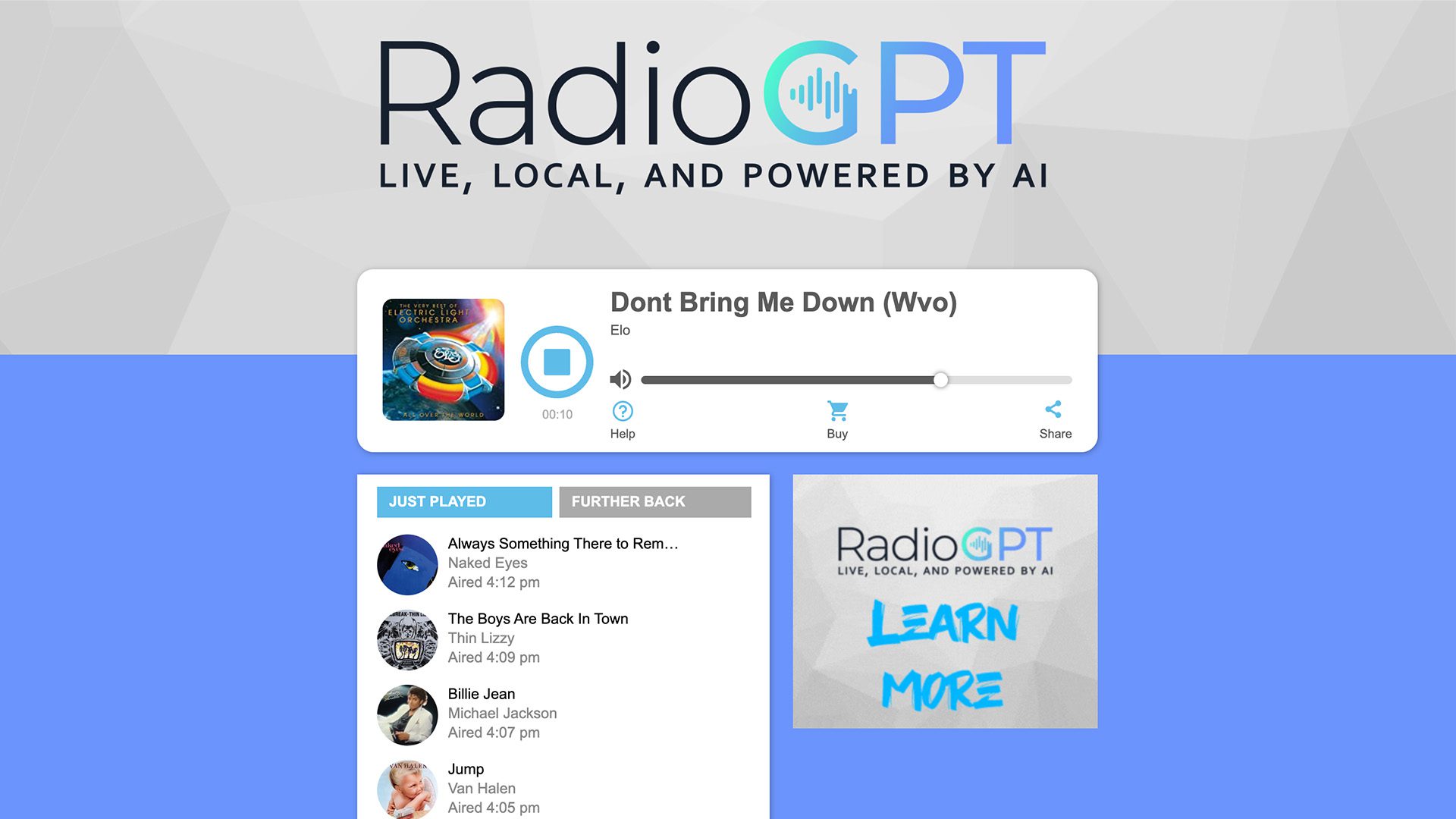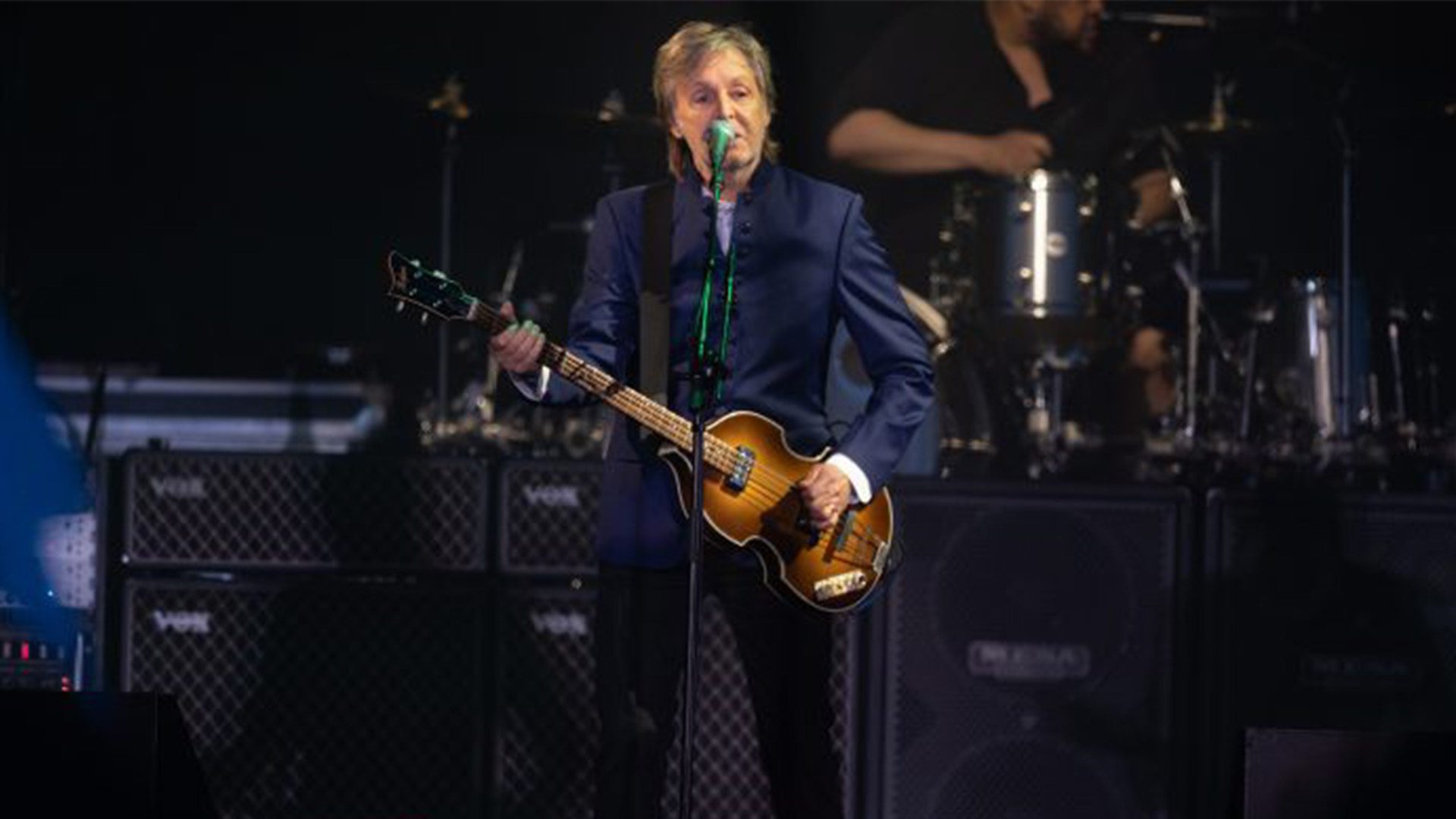In June, a Portland radio station debuted the world’s first radio DJ powered by artificial intelligence.
The First AI DJ
The radio station, Live 95.5, is using the station’s midday host Ashley Elzinga for the identity and voice of the AI DJ. The synthetic voice is similar to the real thing but introduces itself as AI Ashley so listeners know an AI is speaking. AI Ashley will broadcast to listeners every day from 10 a.m. to 3 p.m.
We made history as the world’s first radio station with an AI DJ! Our midday host Ashley has become AI Ashley! We can’t wait for you to meet Ashley, the world’s first artificially intelligent DJ. As to the intelligence of our other DJ’s…we’ll save that for another post 😉 pic.twitter.com/CtlMhYU0IO
— Live 95.5 (@live955) June 13, 2023
The station noted that AI Ashley is not fully replacing “traditional” Ashley and is not being implemented to cut costs. Instead, it is being used as an efficient tool for radio hosts to have in their toolset.
As Alpha Media’s EVP of Content, Phil Becker, explained, “It’s a hybrid situation where we’ll have traditional Ashley on during some segments, and we’ll have AI Ashley on during other segments. In an instance where AI Ashley would be broadcasting, the traditional Ashley might be doing something in the community, managing social posts or working on digital assets or the other elements that come with the job.”
What is RadioGPT?
The radio station is using Futuri Media’s RadioGPT, an AI-powered tool that uses GPT-4 to generate a script based on trending news. Futuri’s technology scans over 250,000 news sources as well as stories on Facebook, Twitter, and Instagram to identify which topics are trending locally. Using GPT technology, RadioGPT will take the trending stories and create a script.
Stations can train the AI with existing personalities, like in the case of Live 95,5, or select pre-existing AI voices for single-, duo-, or trio-hosted shows. Before the AI DJ goes on air, a team of human moderators reviews and edits the content to ensure that it is accurate and appropriate.

AI in the Music Industry
In the past year, AI has been increasingly used in the music industry. Some of this usage has had a more positive reception, such as Spotify’s DJ which was launched in February. DJ is an AI-powered personalized guide that scans new releases to match users’ likes and dislikes and provides commentary about the upcoming song and artist. It is powered by a combination of the company’s personalization technology, generative AI through OpenAI technology, and a dynamic AI voice platform from Sonatic.
AI in music has also caused many controversies. A few AI-generated songs have popped up on streaming services without the consent (and oftentimes knowledge) of the artists whose vocals are heard on the tracks. Notably, an AI-generated song named ‘Heart On My Sleeve’ that featured the cloned voices of Drake and The Weeknd went viral in April after a TikTok user posted a video featuring the song. The song was viewed millions of times overnight and was available on platforms like Apple Music, Spotify, and YouTube.
The record label Universal Music Group, which distributes the works of both artists, urged streaming platforms to take down the song; all platforms swiftly obliged. In a statement, Universal Music Group noted that the viral reception of the song “…demonstrate[s] why platforms have a fundamental legal and ethical responsibility to prevent the use of their services in ways that harm artists.”
The label added, “The training of generative AI using our artists’ music (which represents both a breach of our agreements and a violation of copyright law) as well as the availability of infringing content created with generative AI on DSPs, begs the question as to which side of history all stakeholders in the music ecosystem want to be on: the side of artists, fans and human creative expression, or on the side of deep fakes, fraud and denying artists their due compensation.”







